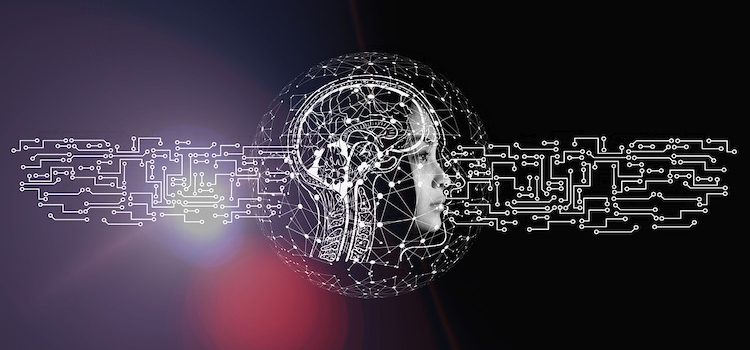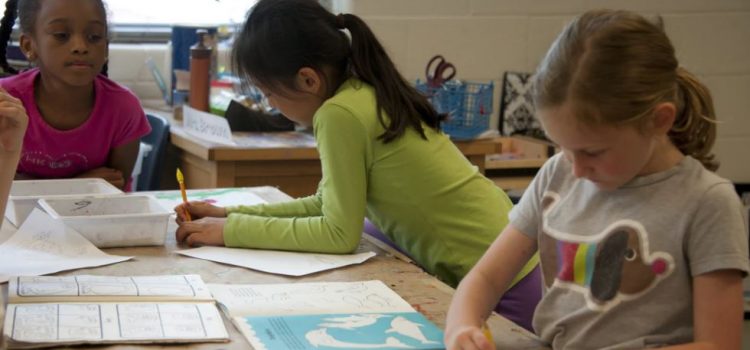Who decides what news makes it to the press and what doesn’t? How can news gatekeepers skew the public’s perception of affairs? In their book Manufacturing Consent, authors Chomsky and Herman believe that the elite control the news and media. By deciding what issues to focus on, they manipulate the beliefs of the general public. Here’s how media plays into the elite’s agenda.
How News Gatekeepers Decide What You See










